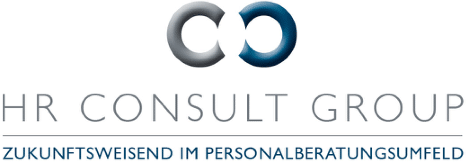Senator Executive Search Partners named top employer among medium-sized companies in 2025
We are delighted and proud to announce that Senator Executive Search Partners has been named a Top Employer in the SME sector for 2025 by Focus. This special honor is a significant achievement for our company and confirms our ongoing efforts to create an environment in which our employees can flourish and succeed.
An award with meaning
The Focus award stands for quality and recognition by an independent authority. It is based on a variety of criteria, including employee satisfaction, innovative ability, development opportunities, and work-life balance.
For Senator Executive Search Partners, this award is proof that our commitment to excellent working conditions and our investment in our employees are valued. It shows that we are one of those employers who are not only economically successful, but also take responsibility for their employees.
Why Senator Executive Search Partners?
As a company specializing in finding the best talent, we know how important a strong corporate culture is. At Senator Executive Search Partners, we place great importance on creating a working environment characterized by trust, appreciation, and openness.
Our employees benefit from numerous development opportunities and a culture that promotes personal responsibility. With flexible working models and targeted measures, we ensure that our colleagues can develop both professionally and personally.
The significance of this award for us
For Senator Executive Search Partners, this award is more than just a title—it is a commitment to continue working at the highest level and consistently living our values. It motivates us to expand our position as a leading employer in the SME sector and set new standards.
We would like to thank each and every team member for their contribution to this success. It is the people who make Senator Executive Search Partners what it is—a company that not only places talent, but also sets an example as an employer.
Looking ahead
The future belongs to companies that put their employees first. At Senator Executive Search Partners, we want to continue to impress with this philosophy. Our vision is to remain a workplace that stands out through innovation, mutual support, and appreciation.
Conclusion
Being named a top employer among medium-sized companies in 2025 by Focus magazine is confirmation of our commitment to an outstanding corporate culture. At Senator Executive Search Partners, people are our focus—and that is precisely what makes us successful. We look forward to the coming years and to celebrating new successes together with our employees.


